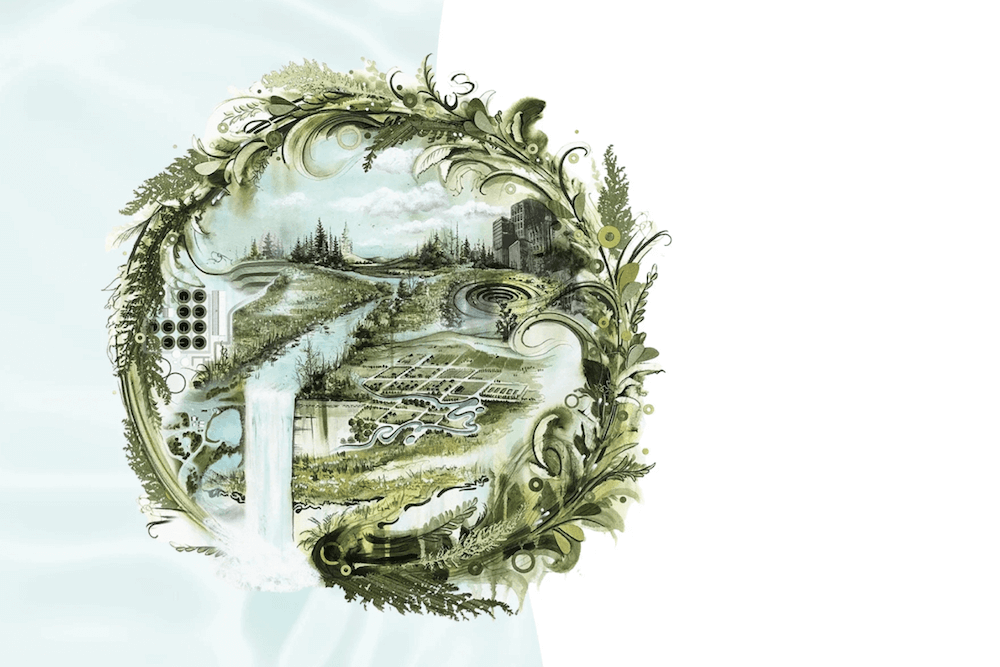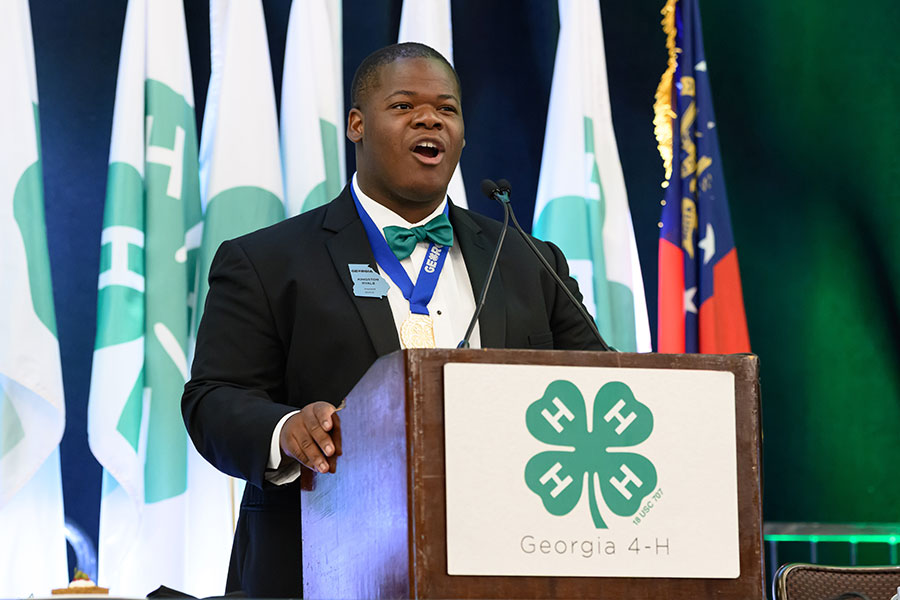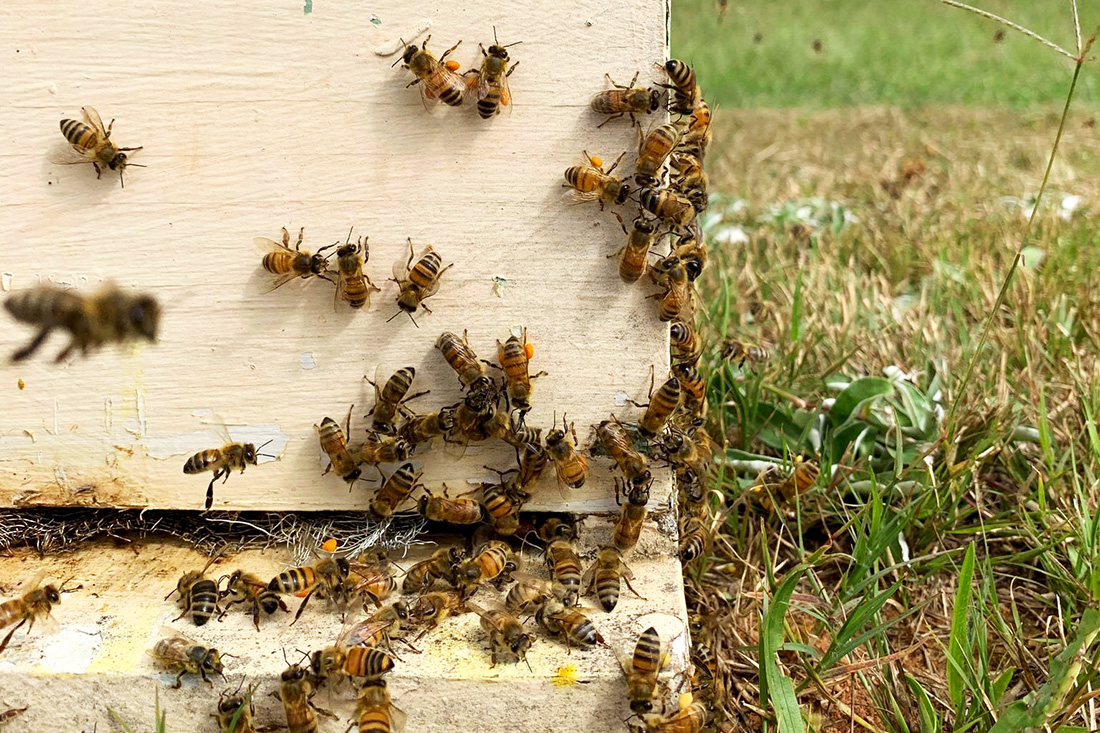 CAES News
CAES News
Perilous Flow
In April, the Environmental Protection Agency announced the nation’s first drinking water standard for “forever chemicals,” a group of persistent, human-made chemicals that can pose a health risk to people at even the smallest detectable levels of exposure. The new rules are part of efforts to limit pollution from these per- and polyfluoroalkyl substances, or PFAS, which can persist in the environment for centuries. Supported by a nearly $1.6 million grant from the EPA, researchers from the University of Georgia College of Agricultural and Environmental Sciences are developing improved, cost-effective treatment systems with advanced technologies for removing PFAS.









